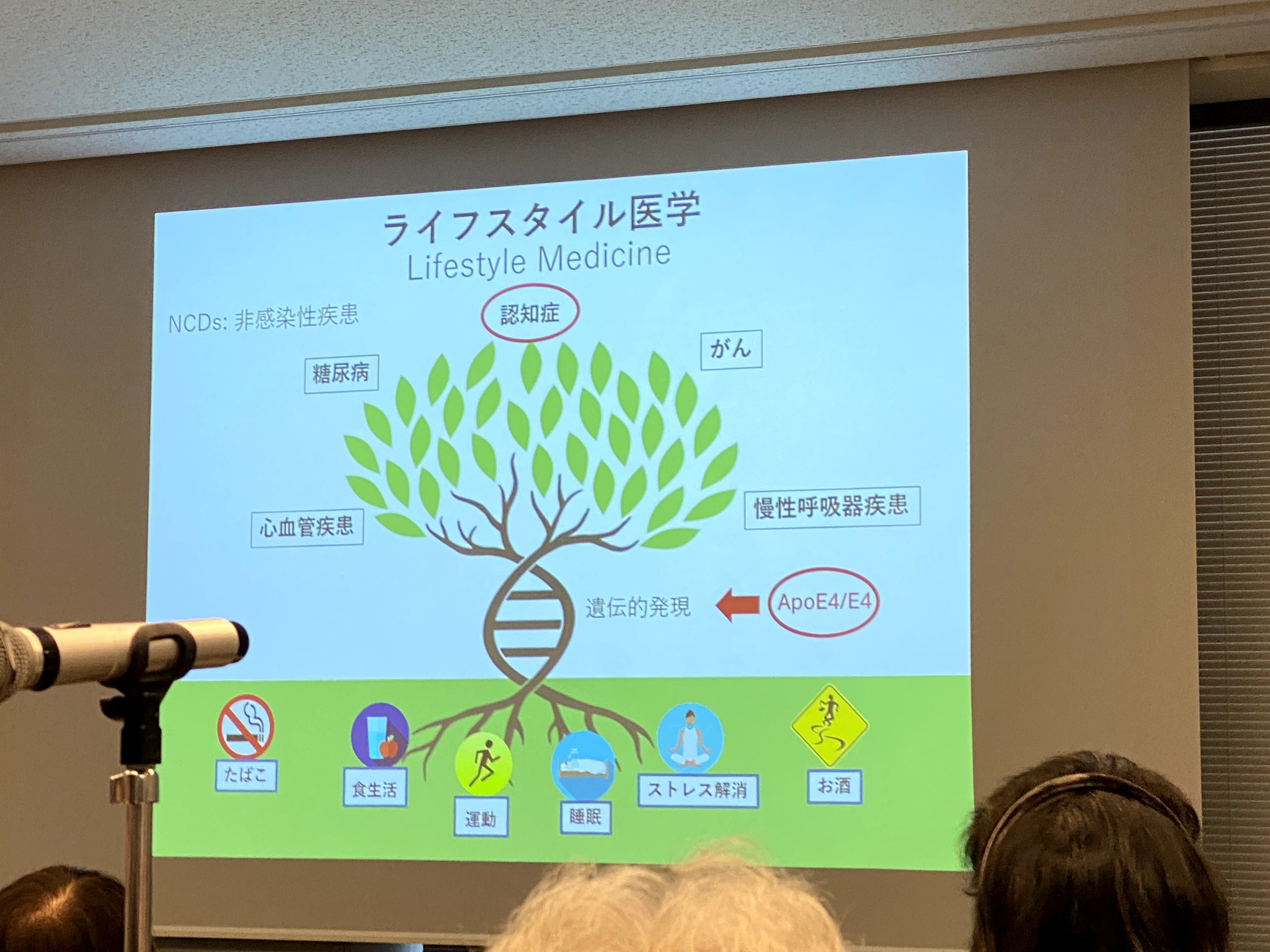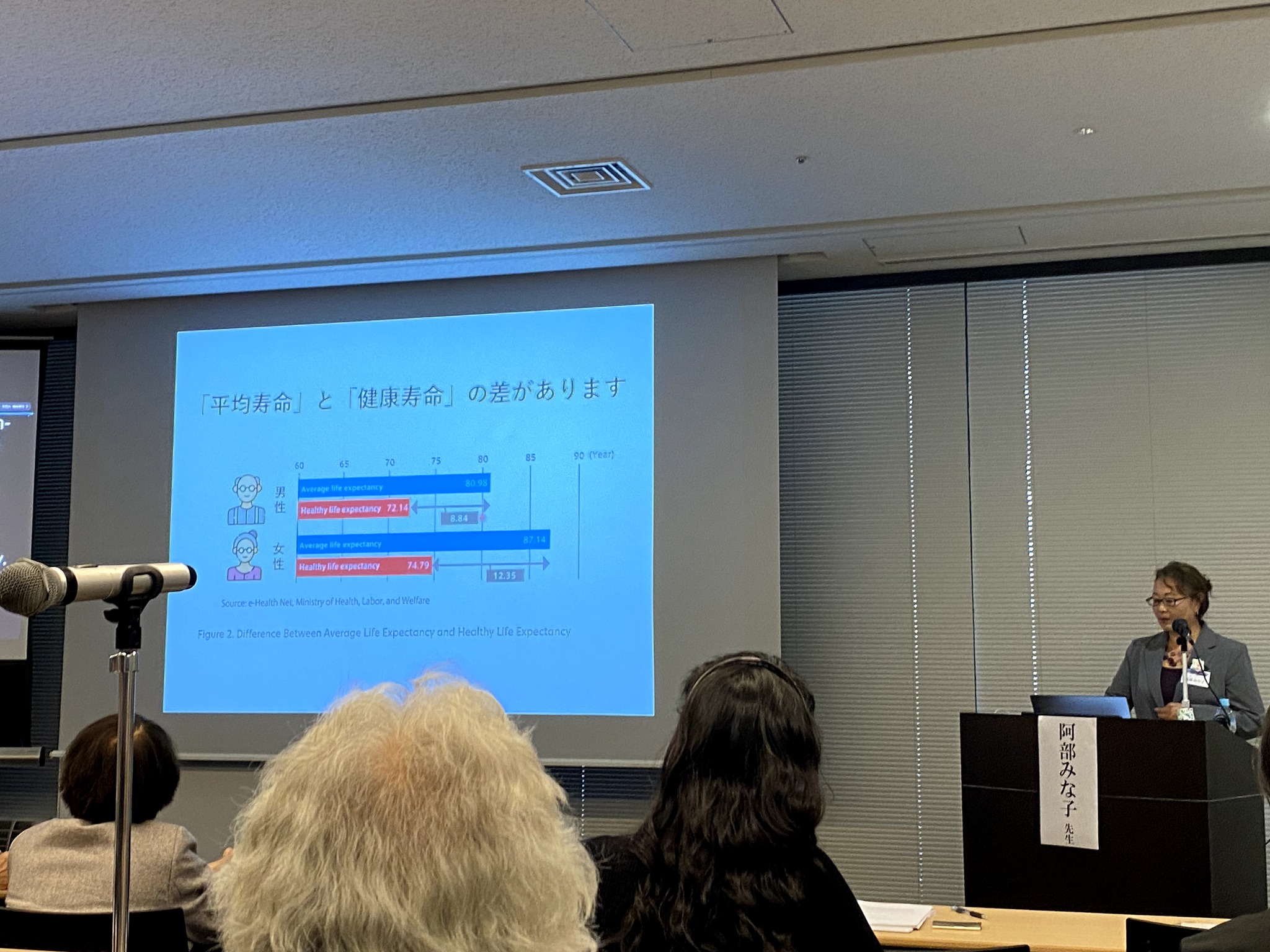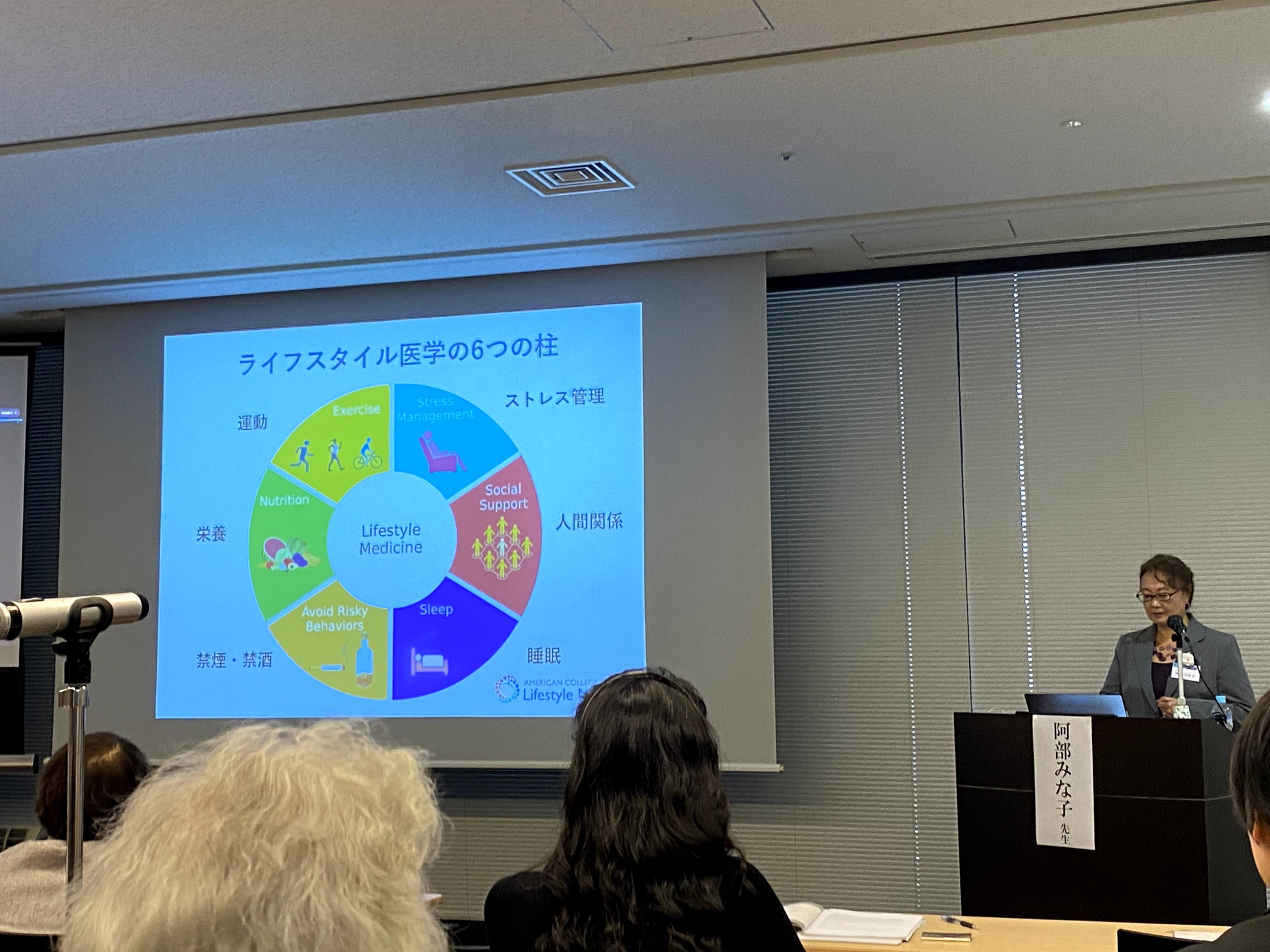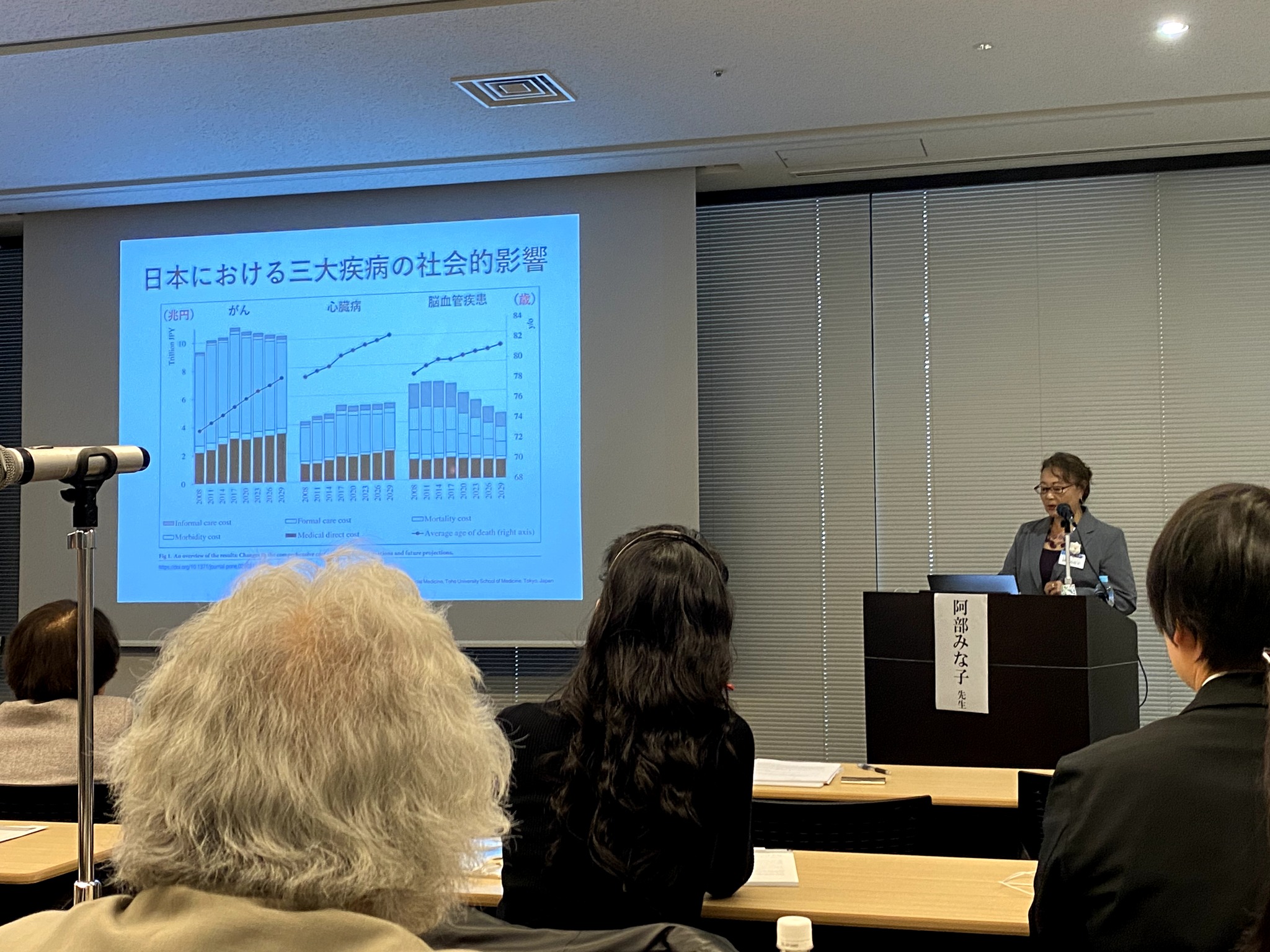Japanese Summary: ライフスタイル医学は、個人の生活習慣を改善することで健康を向上させ、非感染性疾患(NCD)の予防と治療に貢献する重要な医療分野です。
The Power of Lifestyle Changes on Health
With advances in modern medicine, lifestyle medicine has gradually become an important field in health management. This medical branch emphasizes achieving disease prevention and health promotion through changing personal lifestyle habits. Research shows that non-communicable diseases (such as cancer, cardiovascular disease, and diabetes) account for the majority of global deaths, but up to 70% of these factors can be improved through diet, exercise, stress management, and other methods. Therefore, lifestyle medicine not only focuses on disease treatment but also on prevention, achieving a vision of holistic health.
Practical Applications and Current Situation in Japan
In practical applications, lifestyle medicine designs personalized health improvement plans for each patient through data-based personalized analysis. For example, through sensors and genetic testing, doctors can monitor patients' physical indicators and recommend appropriate exercise or dietary patterns. These measures not only reduce disease risk but also improve patients' quality of life. In Japan, the challenges of aging have made lifestyle medicine a policy priority, combining advanced technology with humanized care to reduce the burden on the healthcare system and improve overall social health levels.
The Future of Health: Starting from Today
The core value of lifestyle medicine lies in returning the initiative of health to individuals, creating a healthy future through continuous daily choices. It is not merely a supplement to traditional medicine, but a new model that prioritizes prevention and supplements with treatment. From diet to exercise, from genes to psychology, adjustments in every detail can have profound impacts on individual health, further promoting the welfare of the entire society.



